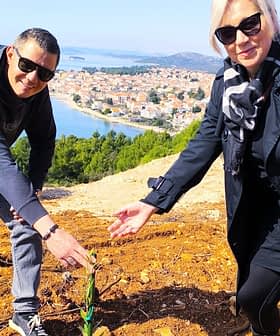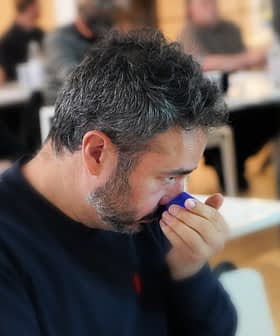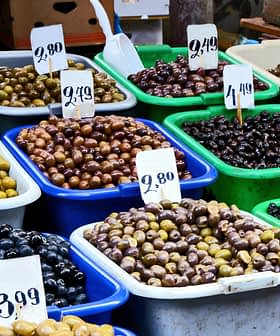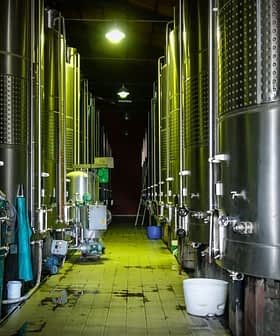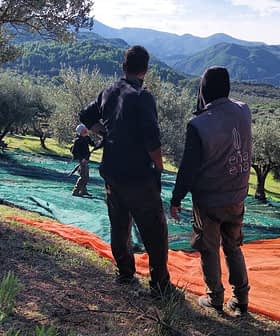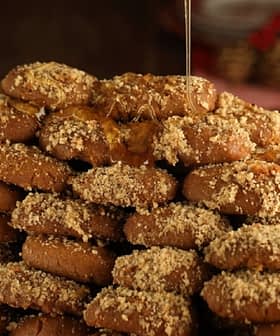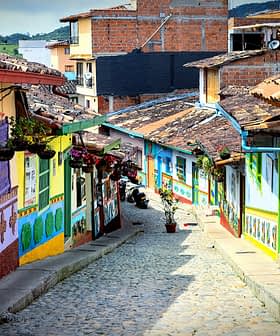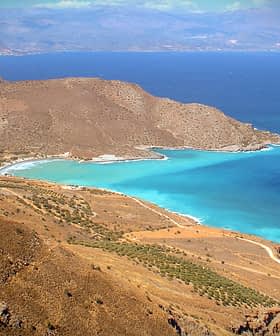Bringing Olive Oil Tourism to Greece’s Most Popular Island
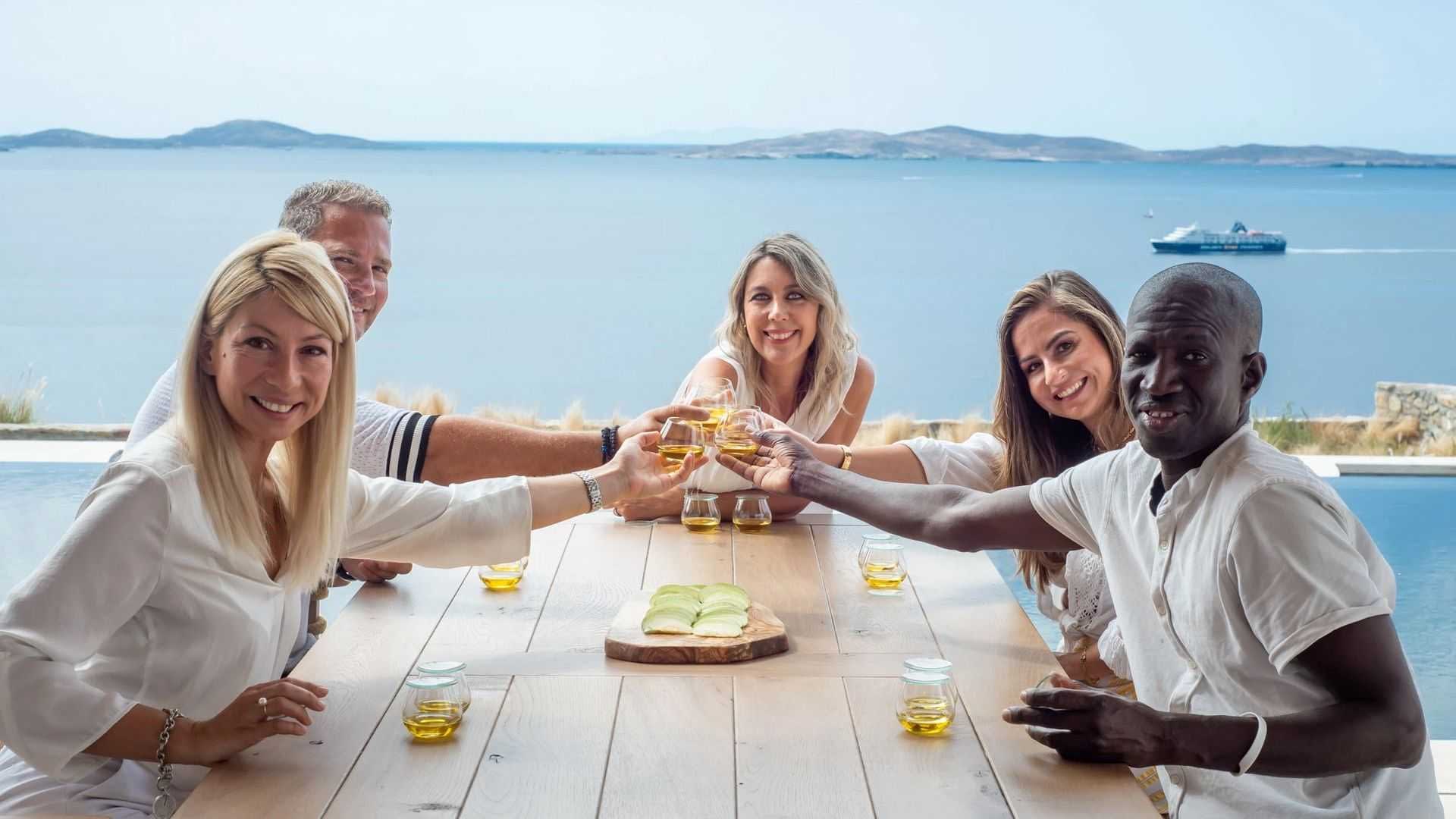
Mykonos, known for its beaches and nightlife, is experiencing a resurgence in its olive oil culture, with plans to build a local mill in the works. Anita Zachou, founder of Mykonos Olive Oil Tasting, has been educating tourists about olive oil tasting and promoting olive oil tourism in Greece, aiming to create a more informed consumer base and elevate the country’s status as an olive oil destination.
About 150 kilometers east of Athens, in the middle of the Aegean Sea, Mykonos is perhaps the most famous of all Greek islands.
While it is best known for its beaches, shopping and nightlife, there has been a recent revitalization of the island’s olive oil culture.
Through design and with knowledge of how to guide it, yes, you can do olive oil tourism anywhere.
“People were Googling ‘olive oil tourism in Mykonos,’ ” Anita Zachou, an agronomist and founder of Mykonos Olive Oil Tasting, told Olive Oil Times. “I realized that these tourists are in Greece, and they know that Greece produces good olive oil.”
“They don’t know if Mykonos produces olive oil, but since they are here, they want to taste olive oil,” she added.
See Also:Tourism NewsWhile Mykonos is home to roughly 30,000 olive trees, mostly Koroneiki, the island is not known for its olive oil production.
This is mostly due to the absence of a local mill, which forces producers to ship their olives to other islands and wait days for them to be transformed. As a result, the olive oil that is produced is usually of the non-virgin grade.
However, this will change soon, as plans are already in place to build a municipal mill on the island.
“Also, there is another person who wants to make a private mill that will also be available to be used by local growers,” Zachou said. “However, everything is in the planning stage still; nothing is certain yet.”
Until then, Zachou continues to focus on educating tourists who visit the island about olive oil tasting and promoting olive oil tourism in the rest of Greece.
She founded Mykonos Olive Oil Tasting when she first moved to the island in 2018. Zachou sensed that Mykonos lacked an authentic Greek culinary experience and decided that she could fill that niche as a certified olive oil sommelier.
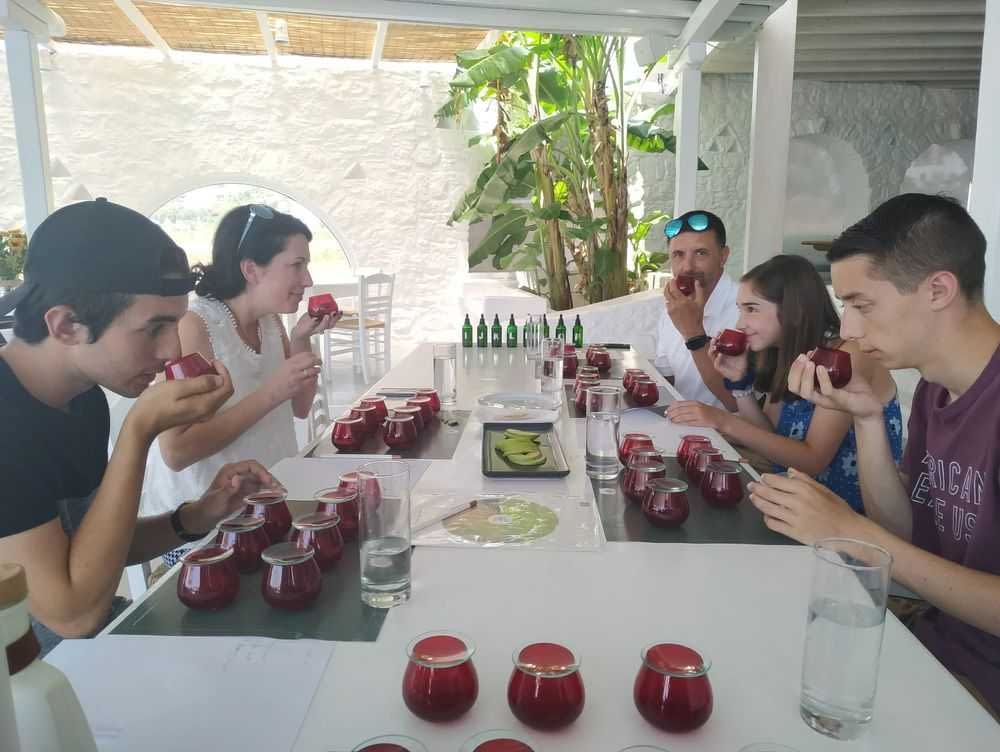
Photo: Anita Zachou
Before the onset of the COVID-19 pandemic, the business was booming. Zachou said she was routinely arranging two group tasting experiences per day, with her mostly American clientele, trying five to six extra virgin olive oils from around the country.
“I try many olive oils, more than 50 every year, to find the ones I like,” she said. “Most of the time, they are awarded in international competitions and I choose different varietals.”
Last year, for example, her clients sampled Koroneiki and Tsounati from Crete, Makris from Alexandropolous, Amfissis from Delphi, Kolovi from Mytilene, Manaki from Peloponnese and Lianolia from Corfu.
Mykonos is well known as a billionaire’s playground and as a result, Zachou has tailored her experiences to make her tastings a novelty luxury event.
“Because of the profile of the customers here, I have many private tastings,” she said. “I go to villas, private yachts or even private beaches. The material I use is essential because these people are used to a specific quality in their lives.”
The experience of carrying all of her tasting equipment and olive oils all over the island to cater to her wealthier clientele turned out to be invaluable, though. When Mykonos opened its doors to tourists last summer, many hesitated to do group tastings, so private events became the norm.
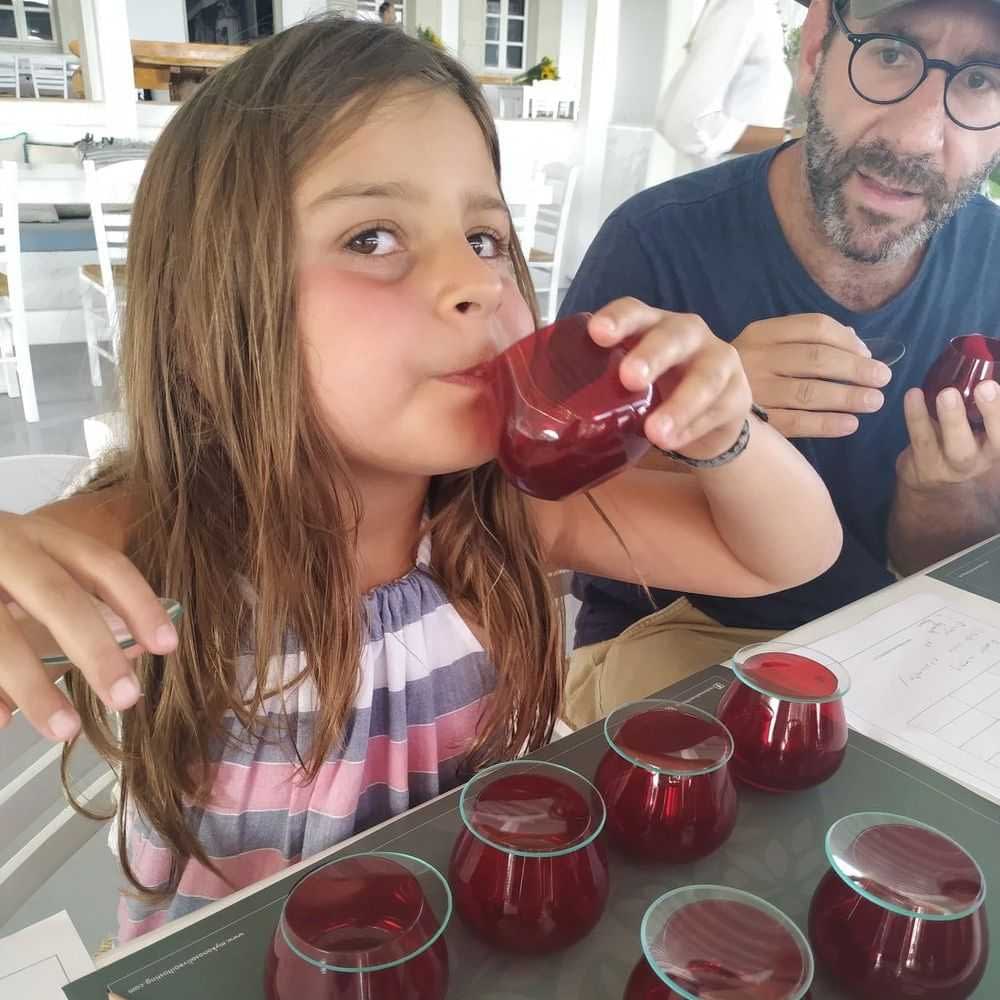
Photo: Anita Zachou
The tourism season on Mykonos generally runs from May until the end of October, but the pandemic cut her previous season short. This has allowed Zachou to pivot and focus on promoting olive oil tourism in the rest of Greece.
“We have around five to six people in all of Greece who are trying to launch olive oil tourism initiatives,” she said, adding that some take the effort more seriously than others.
“Olive oil tourism is another business opportunity, so you need to make a business plan,” Zachou said. “You have to study the market. You have to study the services.”
Too often, she warned, producers think they can open the doors of their mills for a tour, allow visitors to see the trees in their grove and have an impromptu tasting at the end.
However, Zachou said this model does Greek olive oil a disservice by neglecting what she believes visitors are most interested in: learning how to taste the olive oils.
See Also:Best Olive Oils From Greece“This is not olive oil tourism,” she said. “What they want is to learn how to taste and explore the aromas and flavors of Greek olive oil and to learn how to use it in their kitchens.”
Zachou treats olive oil tourism more like a tasting course than anything else. This winter, she is planning a seminar for other producers in Greece who are interested in this different type of olive oil tourism, which has the parallel goal of creating a more informed consumer.
“We taste five different varieties from different parts of Greece and also two defective olive oils and one non-virgin olive oil,” she said. “By the end, they understand the differences.”
Despite Greece being the world’s second- or third-largest olive oil producer (depending on the year), Zachou said olive oil education is severely lacking in the country. She credited Italy and Spain for having far more developed initiatives.
“We are far behind Spain and Italy because we lack education,” she said. “In Greece, we don’t have a public school for olive oil. I’m an agronomist, but even in the university, they never trained us how to taste olive oil or how to create olive oil in the mill.”
Zachou hopes to reverse this trend with her seminar and begin turning Greece into a more prominent olive oil tourism destination. Ultimately, she said, people visiting Greece want to try the best extra virgin olive oil the country has to offer.
“You don’t need mills or a tree — and this is what my experience has shown me,” she said. “People want to be introduced to the world of Greek olive oil. Through design and with knowledge of how to guide it, yes, you can do olive oil tourism anywhere.”


